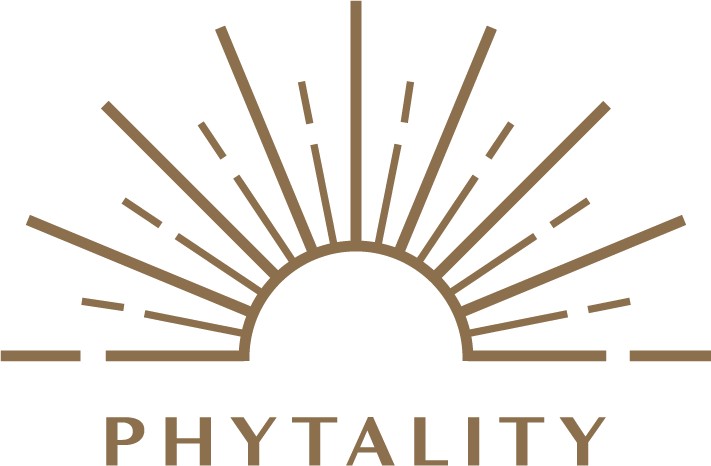
DHA (docosahexaenoic acid) is an omega-3 fatty acid that has some pretty amazing health benefits when it comes to human nutrition.
In fact, it's an essential component of breast milk and is found at an average concentration of about 0.32-0.35% of the total fatty acids.
But here's the big question: can DHA make your baby smarter?
It's been suggested that DHA supplements may improve cognitive function and intelligence in infants and children, which is why many pregnant women consider taking it during the prenatal period.
In this article, we'll dive into the evidence to see if that's true and help you make an informed decision.
We'll also cover other reasons why you might want to consider taking a DHA supplement, like Clean Omega.
So, let's explore the world of DHA and find out how it can benefit you and your baby!
Overall Benefits of DHA in Pregnancy
Here are some of the benefits of DHA that you should know about:
- Fetal brain and eye development: DHA is an essential component of brain and eye tissue
- Reduced risk of preterm birth: Studies have suggested that DHA supplementation during pregnancy may help reduce the risk of preterm birth. Although more research is needed in this area, the potential benefits are promising.
- Improved cognitive function: Some studies have suggested that higher levels of DHA in maternal blood may be associated with better cognitive function in infants and children.
- Reduced risk of postpartum depression: This is great news for new moms who are looking for ways to support their mental health.
» MORE Read our Full Article on Should you take DHA if you are breastfeeding?
What's the Evidence for DHA and Cognitive Development in Babies and Children?
Several studies have investigated the potential relationship between DHA supplementation and cognitive function in infants and children.
A recent review of nine randomized controlled trials found that DHA supplementation in infants and children was associated with small but statistically significant improvements in cognitive function, including measures of attention, problem-solving, and memory (Simopoulos, 2002).
Another study concluded that our 'When DHA was given to pregnant and lactating women, an increase in maternal intake of 1 g per day of DHA increased the child’s IQ by 0.8 to 1.8 points' (DHA supplementation and pregnancy outcomes, Am J Clin Nutr)
It's worth point out that some older studies have found no significant effects of DHA supplementation on cognitive function in infants and children (Birch, 2005; Willatts, 1998). A meta-analysis of nine randomized controlled trials found no significant effects of DHA supplementation on cognitive function in infants and children (Bourre, 2006).
It is interesting to note that the studies that have found no significant effects of DHA supplementation on cognitive function have generally been smaller in sample size and of lower quality than those that have found positive effects. This suggests that further research is needed to fully understand the relationship between DHA and cognitive development.
The Role of DHA in the Infant Brain
When it comes to brain development in infants, DHA (docosahexaenoic acid) plays a critical role. That's because the brain grows rapidly during the last trimester of pregnancy and the first two years of life. By the time a baby is born, their brain weighs an average of 400 grams - and it doesn't stop there. Over the next two years, the brain continues to grow significantly.
During this time, DHA accumulates rapidly in the brain tissue and reaches a plateau at the age of 2 and beyond. The level of dietary DHA intake can impact the degree of DHA accumulation in the brain. This means that breastfed infants accumulate more DHA in the brain cortex during the first year of life compared to those who are fed formula.
It's also worth noting that other long-chain fatty acids, such as eicosapentaenoic acid, don't accumulate in the forebrain during infancy like DHA does. This is why it's so important for pregnant and lactating women, as well as infants, to consume sufficient amounts of DHA to support healthy brain and neural development.
DHA for Brain Health
It's not just in pregnancy that DHA is finding itself much studied. There is now some evidence to suggest that DHA may be beneficial in protecting against cognitive decline. Studies have suggested that low levels of DHA in the blood are associated with a higher risk of cognitive decline and dementia.
Research has also shown that DHA supplementation may improve cognitive function and reduce the risk of cognitive decline in older adults. For example, a 2015 systematic review and meta-analysis of randomized controlled trials found that DHA supplementation improved memory and learning in healthy older adults, as well as in those with mild cognitive impairment.
Conclusion: Should You Supplement DHA During Pregnancy?
There is certainly plenty of evidence to suggest that DHA is worth taking during pregnancy, even if it's not 100% clear how much of an effect it has on actual IQ.
In fact, there's good reason that the following organisations recommend DHA for pregnany women.
- The American College of Obstetricians and Gynecologists (ACOG)
- The American Pregnancy Association
- The World Health Organization (WHO)
- The Food and Agriculture Organization of the United Nations (FAO)
- The National Institutes of Health (NIH)
To ensure that you're getting enough DHA, we suggest that pregnant and breastfeeding women consider Clean Omega, our pure and potent DHA from microalgae.
Clean Omega is one of the only 'solvent-free' algae oils on the market, with an emphasis on purity and safety throughout..
It's a safer and cleaner choice than some of the cheaper DHA supplements, which include chemical additives and contaminants or be made from poor-quality fish sources.
As such we believe it is the single best DHA supplement for pregnancy.
